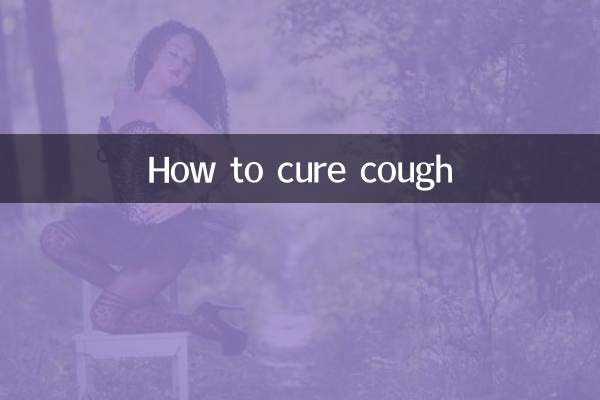What should you pay attention to if you have urticaria?
Urticaria is a common skin disease characterized by the sudden appearance of red or pale wheals on the skin, accompanied by severe itching. In recent years, the incidence of urticaria has increased and has become one of the hotly discussed health topics on the Internet. This article will combine the hot topics of the past 10 days to give you a detailed introduction to what you should pay attention to after getting urticaria.
1. Symptoms and causes of urticaria

The symptoms of urticaria mainly include the appearance of wheals of varying sizes on the skin, accompanied by itching and burning sensation. In severe cases, it may be accompanied by angioedema or anaphylactic shock. Here are common triggers:
| type of trigger | Specific examples |
|---|---|
| food | Seafood, eggs, nuts, chocolate, etc. |
| medicine | Antibiotics, aspirin, vaccines, etc. |
| environment | Pollen, dust mites, hot and cold stimulation, etc. |
| infection | Viruses, bacterial infections, etc. |
2. What should you pay attention to if you have urticaria?
1.Seek medical attention promptly: When urticaria symptoms are severe or recurring, you should seek medical treatment promptly to avoid delaying treatment.
2.avoid scratching: Scratching can aggravate skin damage and even lead to infection. Itching can be relieved with a cold compress or anti-itch ointment.
3.diet modification: Avoid eating foods that may induce urticaria, such as seafood, spicy foods, etc. The following is a recommended meal plan:
| Recommended food | avoid food |
|---|---|
| Light vegetables | seafood |
| Fruit (such as apples, pears) | spicy food |
| White porridge, noodles | alcohol |
4.Keep skin clean: Use gentle cleaning products and avoid harsh soaps or body washes.
5.Comfortable to wear: Choose loose, breathable cotton clothing to reduce friction and irritation to the skin.
6.avoid allergens: If the allergen is known, contact should be avoided if possible. For example, people with pollen allergies should limit outdoor activities.
3. Treatment methods for urticaria
The treatment of urticaria mainly includes medication and lifestyle modification. The following are common treatments:
| Treatment | Specific measures |
|---|---|
| antihistamines | Such as loratadine, cetirizine, etc. |
| hormone therapy | For serious cases, follow medical advice |
| Immunomodulation | Suitable for patients with chronic urticaria |
| Traditional Chinese Medicine Treatment | Such as acupuncture, Chinese medicine conditioning, etc. |
4. Preventive measures for urticaria
1.Enhance immunity: Maintain a regular schedule, exercise appropriately, and enhance body resistance.
2.Record allergy history: Record the triggers of each hives attack to help identify allergens.
3.Regular physical examination: Especially patients with chronic urticaria should check their physical condition regularly.
5. Urticaria-related topics that have been hotly discussed on the Internet recently
In the past 10 days, hot topics about urticaria have mainly focused on the following aspects:
| topic | heat index |
|---|---|
| The relationship between urticaria and immunity | high |
| Effects of new antihistamine drugs | in |
| Cases of traditional Chinese medicine treating urticaria | high |
| Diet taboos for urticaria | in |
Through the above content, I believe everyone has a more comprehensive understanding of what to pay attention to after suffering from urticaria. Although urticaria is common, with reasonable treatment and prevention, symptoms can be effectively controlled and quality of life improved.

check the details

check the details